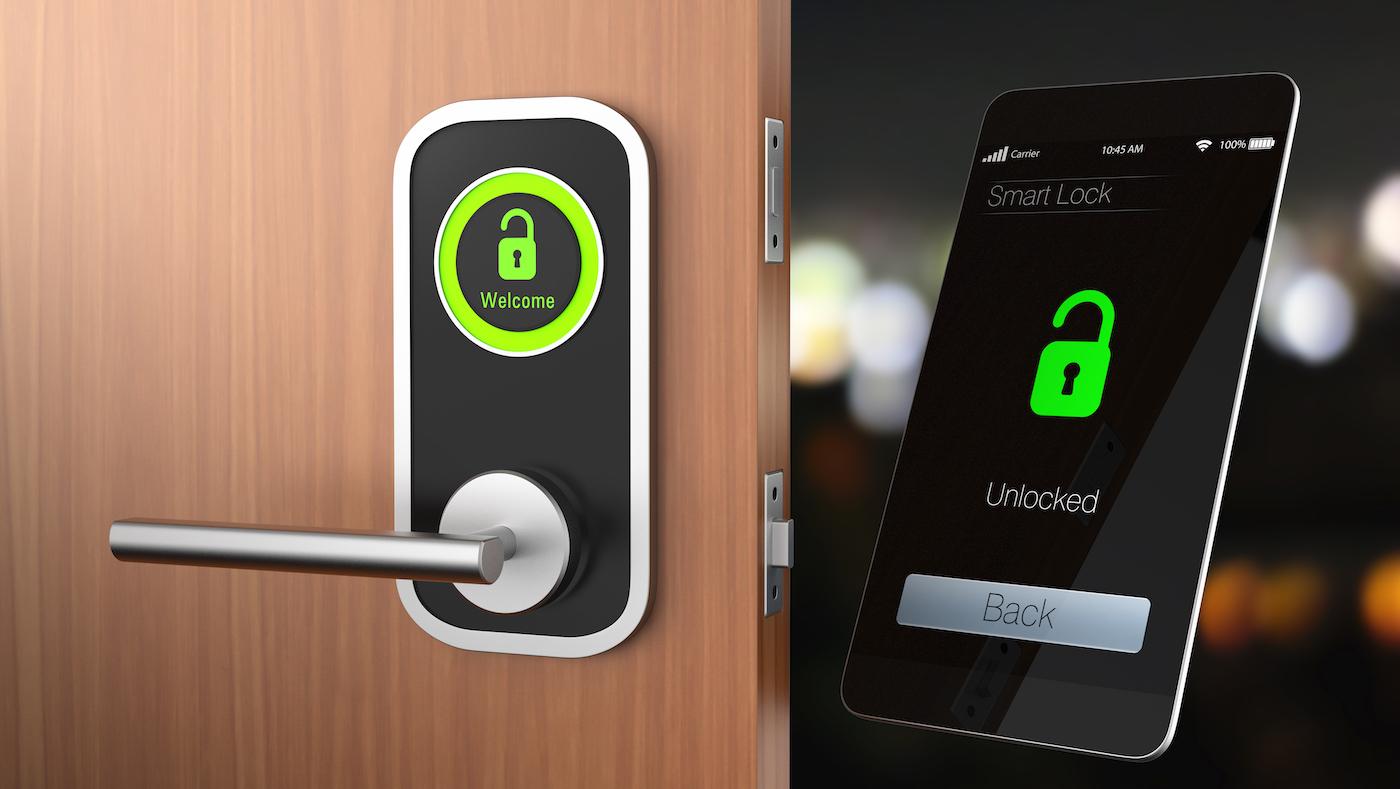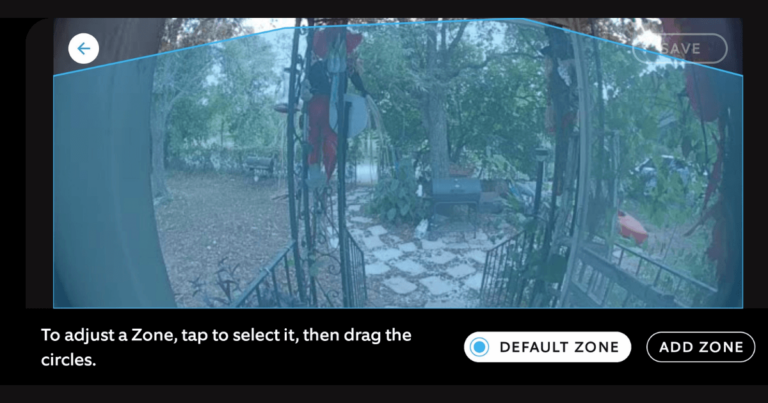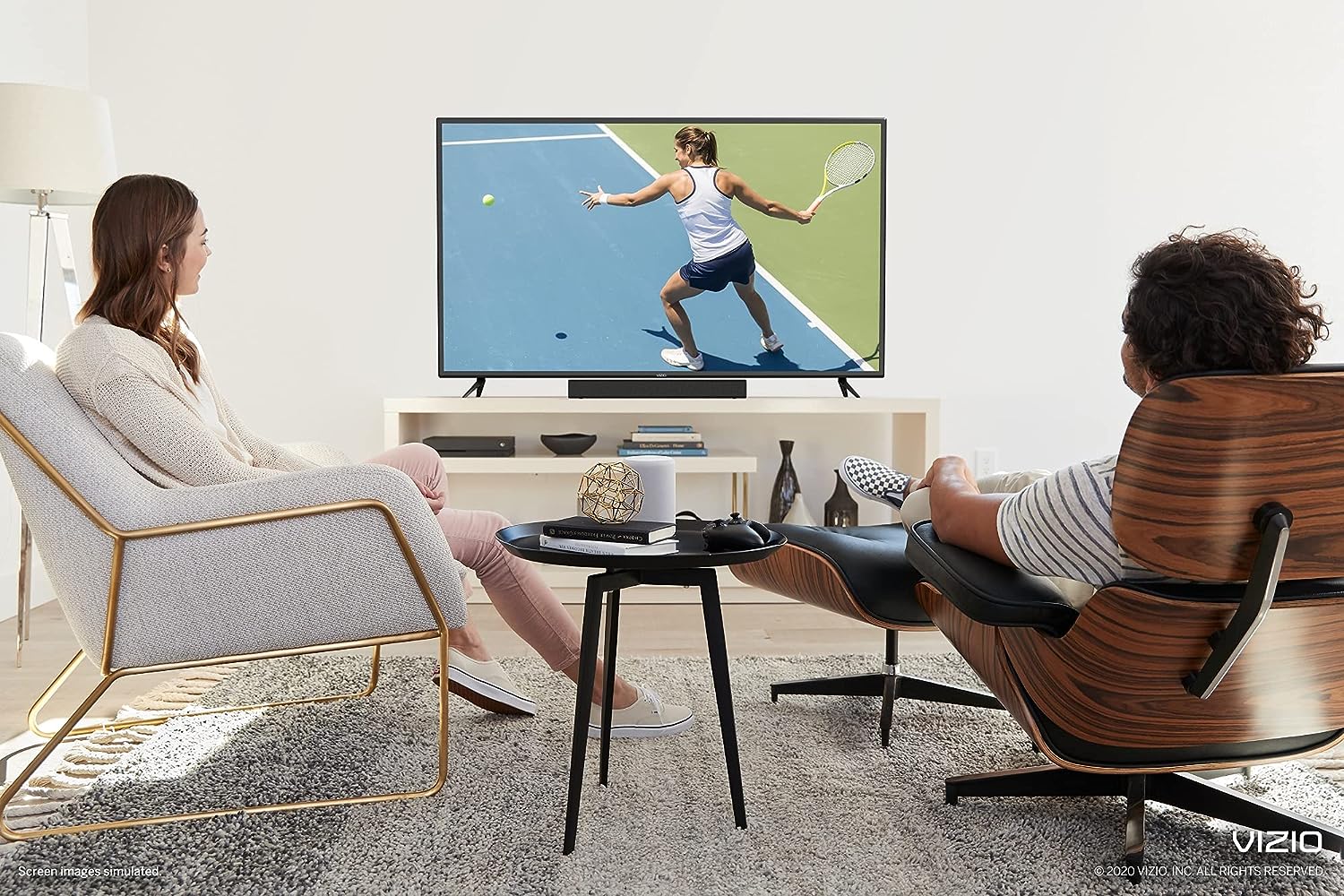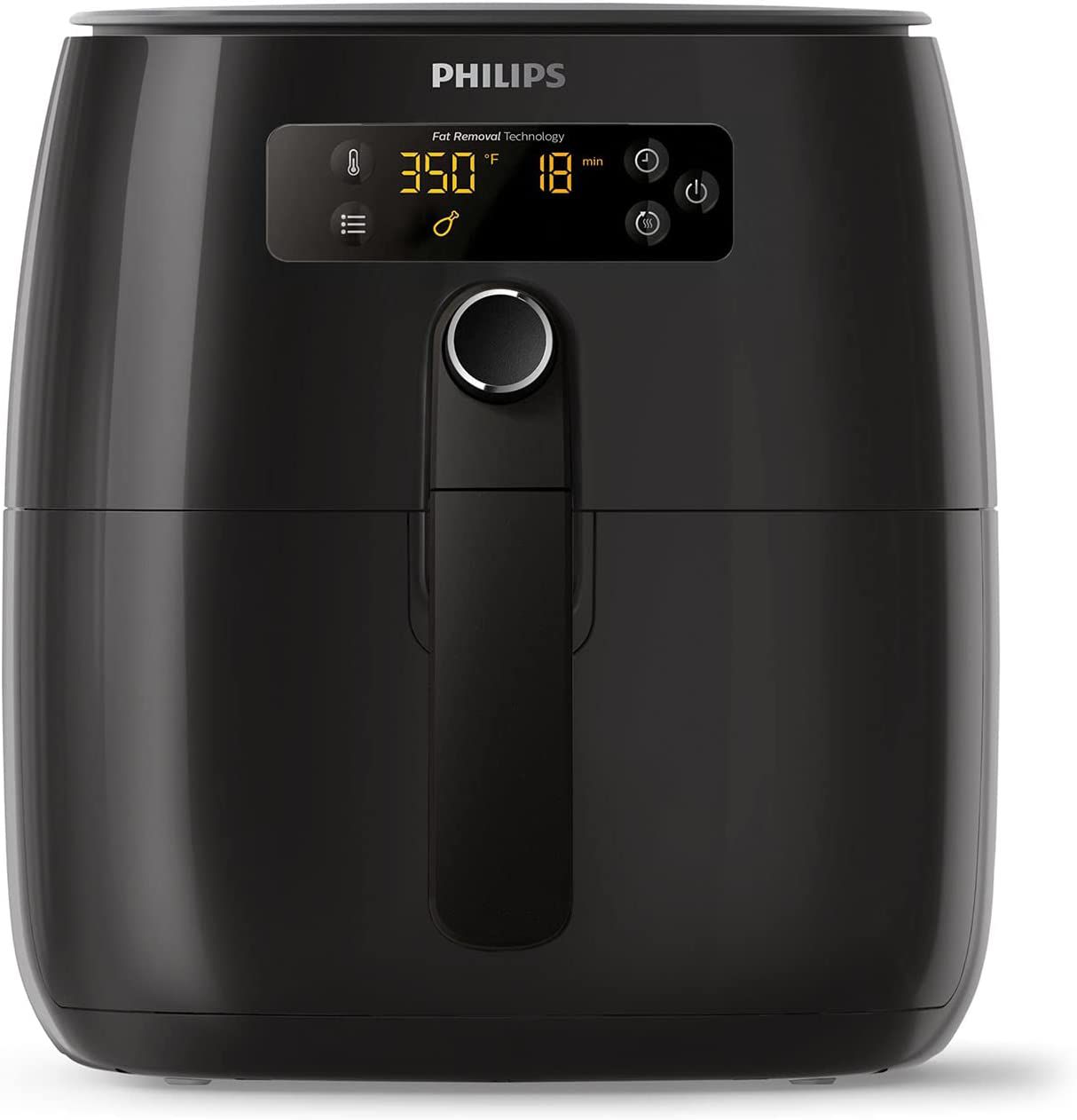Smart locks have arrived, and they’re here to stay. These innovative devices are making waves in the world of home security, revolutionizing the way we protect our homes. But how exactly do smart locks work? From Bluetooth technology to cutting-edge biometrics, there’s a lot to explore when it comes to unlocking the potential of these clever devices. Not only do they enhance convenience and accessibility for homeowners, but they also pave the way for a future of home automation. But with any technological advancement comes concerns about security. Are smart locks truly safe from hacking? We’ll address these worries head-on. And if you’re considering implementing a smart lock in your home, fear not. We’ve got you covered with a step-by-step guide to installation and set-up. Plus, we’ll help you choose the best smart lock for your needs by examining the key factors to consider and popular brands in the market. Get ready to embrace the future of home security with smart locks.
The Rise of Smart Locks: Revolutionizing Home Security
In the not-so-distant past, securing our homes meant relying on traditional locks and keys. But with the rapid advancement of technology, a new innovation has emerged – smart locks. These technologically advanced devices have revolutionized home security, offering a plethora of benefits to homeowners looking for convenience, accessibility, and peace of mind.
A Secure Future: The Advantages of Smart Locks
One of the primary advantages of smart locks is their ability to enhance the security of our homes. Unlike traditional locks, smart locks operate using a complex system of encryption algorithms that are incredibly difficult to hack. In addition to this cryptographic protection, smart locks can also send real-time notifications to homeowners’ smartphones, alerting them of any suspicious activities or unauthorized access attempts. This proactive approach to security gives homeowners the ability to respond quickly and effectively in case of an emergency, ultimately creating a safer living environment for themselves and their families.
Convenience at Your Fingertips: Remote Access and Control
Gone are the days of fumbling for keys in the dark or worrying about losing them altogether. With smart locks, homeowners can bid farewell to physical keys and embrace the convenience of remote access and control. Smart locks can be integrated with smartphones, allowing homeowners to lock and unlock their doors with a simple tap on their screens. Imagine the ease of unlocking your door as you approach it, without having to fish for your keys. Additionally, smart locks offer the flexibility of creating virtual keys that can be shared with family members, friends, or even service providers, eliminating the need for physical key exchanges and reducing the risk of unauthorized key duplication.
Say Goodbye to the Spare Key: Keyless Entry Systems
Another noteworthy feature of smart locks is the ability to employ keyless entry systems. These systems enable homeowners to enter their homes using methods other than traditional keys. Smart locks can be equipped with various authentication methods, such as PIN codes, key fobs, Bluetooth-enabled smartphones, or even biometric scans like fingerprints or retinal patterns. These alternative methods not only provide an additional layer of security but also eliminate the need for physical keys altogether, ensuring that you never have to worry about losing your keys or hiding a spare one under the mat again.
[amazon bestseller=”Smart Locks” items=”10″]
How Do Smart Locks Work? Unlocking the Technology Behind the Innovation
Encryption and Data Security: Safeguarding Your Smart Locks
To fully understand how smart locks work, it’s essential to delve into the technology behind them. Smart locks utilize robust encryption algorithms to maintain a high level of security. These algorithms scramble the data being transmitted between the lock and the user’s smartphone, making it nearly impossible for hackers to intercept and decipher the information. With this encryption in place, smart locks ensure that only authorized users can access and control the lock, safeguarding your home against potential intruders.
Seamless Integration: Connecting Smart Locks to Your Home Network
Smart locks are designed to seamlessly integrate into your existing home automation system. They connect to your home network, allowing you to control and monitor them remotely through a dedicated mobile app or even voice assistants like Amazon Alexa or Google Assistant. This integration enables homeowners to incorporate their smart locks into comprehensive home security setups, allowing them to sync their locks with security cameras, alarms, and motion sensors. By connecting these devices, homeowners can create a cohesive security ecosystem that ensures maximum protection for their homes.
Powering the Future: Battery Life and Backup Solutions
One common concern when it comes to smart locks is their power source. Smart locks rely on batteries to operate, which raises questions about their lifespan and reliability. However, manufacturers have taken measures to address these concerns. Most smart locks feature low-power consumption designs, allowing the batteries to last for months or even years before needing replacement. Moreover, many smart locks come equipped with backup solutions such as emergency power ports or the ability to generate power from kinetic energy, ensuring that your lock remains functional even during power outages.
From Bluetooth to Biometrics: Exploring the Different Types of Smart Locks
Bluetooth-Enabled Smart Locks: Convenience and Proximity
Bluetooth-enabled smart locks rely on short-range wireless communication to connect with authorized devices, typically smartphones. These locks offer the convenience of automatic unlocking when you approach your door, eliminating the need to manually unlock it. With Bluetooth technology, homeowners can effortlessly gain access to their homes without even taking their phones out of their pockets or bags.
Wi-Fi-Connected Smart Locks: Remote Control and Monitoring
Wi-Fi-connected smart locks take convenience to the next level by offering remote control and monitoring capabilities. By connecting to your home’s Wi-Fi network, these locks allow you to operate them from anywhere, as long as you have an internet connection. Whether you’re at work or on vacation, you can lock or unlock your door with a simple tap on your smartphone. Additionally, Wi-Fi-connected smart locks often integrate with other smart home devices, providing homeowners with a comprehensive home automation experience.
Biometric Smart Locks: Cutting-Edge Security and Personalization
Biometric smart locks utilize advanced technologies like fingerprint or retina recognition to authenticate users. These locks offer a high level of security by relying on unique biological features that are practically impossible to replicate. With biometric smart locks, homeowners can enjoy the peace of mind that comes with knowing that their lock can only be accessed by authorized individuals. Moreover, biometric smart locks offer a personalized experience by allowing users to register multiple fingerprints or retinas, enabling seamless access for family members or individuals with authorized permissions.
Enhancing Convenience and Accessibility: Benefits of Smart Locks for Homeowners
Never Worry About Lost Keys Again
With traditional locks, losing your keys can lead to a stressful and costly experience. Smart locks eliminate this concern entirely. Since smart locks offer various authentication methods, such as PIN codes or biometric scans, you’ll never have to worry about misplaced or lost keys. Accessing your home becomes as simple as remembering a code or using your fingerprint, ensuring that you can always enter your home hassle-free.
Effortless Key Management and Sharing
Smart locks provide an intuitive solution to key management. With the ability to create virtual keys, homeowners can easily manage and share access with family members, friends, or even service providers. No more waiting outside for a delivery person or worrying about whether your children arrived home safely. Smart locks empower homeowners to grant temporary or permanent access to others, all with a few taps on their smartphones.
Integration with Home Automation Systems
Smart locks seamlessly integrate with home automation systems, allowing homeowners to create personalized and interconnected setups. By integrating their smart locks with other devices like security cameras or motion sensors, homeowners can create a comprehensive home security solution. Picture this: you receive a notification on your smartphone from your smart lock, alerting you of an unauthorized attempt to enter your home. Simultaneously, your security camera captures footage of the would-be intruder, triggering an alarm and notifying local authorities. With such integration, homeowners have full control and monitoring capabilities, enhancing the overall security of their homes.
The Convenience of Remote Access and Control
One of the standout benefits of smart locks is the convenience of remote access and control. Whether you’re arriving home from work or traveling the world, you can effortlessly lock or unlock your door, all from the convenience of your smartphone. Forgot to lock the door before leaving? No problem. Simply reach for your phone and secure your home remotely. The ability to monitor and control your smart lock from anywhere provides homeowners with unparalleled convenience and peace of mind.
The Rise of Smart Locks: Revolutionizing Home Security
Imagine being able to unlock your door with just a touch of your finger or a simple voice command. Smart locks have brought a new level of convenience and security to homeowners, revolutionizing the way we protect our homes. No more fumbling for keys or worrying about lost or stolen ones. With smart locks, you can ditch the traditional lock and key and embrace a modern, high-tech solution.
The Need for Secure Homes
In this ever-evolving world, where technology has infiltrated every aspect of our lives, it’s no surprise that our homes are becoming smarter too. With the rise in burglary and home invasion cases, homeowners are increasingly seeking ways to enhance the security of their homes. Smart locks have emerged as a response to this need, offering a more sophisticated and foolproof solution to safeguarding our homes.
Convenience and Peace of Mind
One of the primary reasons behind the surge in popularity of smart locks is the convenience they offer. No more digging through pockets or bags to find your keys. With smart locks, all you need is your smartphone or a simple voice command to unlock your door. Imagine arriving home with arms full of groceries and effortlessly entering without having to put everything down to unlock the door. Smart locks make this possible, providing homeowners with convenience and peace of mind.
How Do Smart Locks Work? Unlocking the Technology Behind the Innovation
Behind the sleek and modern exterior of a smart lock lies a complex system of technology that allows for seamless entry and enhanced security. So, how exactly do smart locks work?
The Basics: Keyless Entry
Smart locks replace traditional keys with digital credentials for access. These credentials can be in the form of passwords, PIN codes, fingerprints, or even facial recognition. Once the smart lock recognizes the correct credential, it grants access to the user.
Wireless Connectivity
Smart locks utilize wireless connectivity, such as Bluetooth, Wi-Fi, or Zigbee, to communicate with other devices like smartphones, tablets, or smart home hubs. This connectivity enables you to remotely control and monitor your smart lock from anywhere in the world, as long as you have an internet connection.
Integration with Smart Home Systems
Smart locks can be integrated into larger smart home systems, allowing seamless integration with other smart devices in your home. For example, you can set up your smart lock to automatically turn on the lights and adjust the thermostat when you unlock your door. This integration creates a truly connected and automated home experience.
From Bluetooth to Biometrics: Exploring the Different Types of Smart Locks
When it comes to smart locks, there is a wide range of options available, each utilizing different technologies and methods of authentication. Let’s explore some of the most popular types of smart locks:
Bluetooth-enabled Smart Locks
Bluetooth-enabled smart locks are the most common type. They use Bluetooth technology to connect directly to your smartphone or other authorized devices. As you approach your door, the lock recognizes your device and grants access. These locks are convenient, reliable, and often offer additional features like temporary access codes for guests.
Wi-Fi-enabled Smart Locks
Wi-Fi-enabled smart locks take connectivity to the next level. Instead of relying solely on Bluetooth, these locks connect directly to your home’s Wi-Fi network. This allows for remote access and control, even when you’re not physically near your home. You can lock or unlock your door, monitor access, and receive real-time notifications from anywhere with an internet connection.
Biometric-based Smart Locks
For those seeking the highest level of security, biometric-based smart locks provide an excellent solution. These locks use fingerprint, facial recognition, or iris scanning technology to authenticate users. Biometrics are incredibly difficult to replicate, making them highly secure and resistant to unauthorized access.
Enhancing Convenience and Accessibility: Benefits of Smart Locks for Homeowners
Smart locks offer numerous advantages for homeowners beyond just increased security. Let’s take a closer look at some of the key benefits they provide:
Convenience and Remote Access
With smart locks, you no longer need to worry about carrying keys or rushing home to let someone in. Simply use your smartphone to lock or unlock your door, regardless of your location. This remote access feature is especially handy for granting access to family members, guests, or service providers when you’re not at home.
Customized Access Permissions
Smart locks allow you to grant customized access permissions to different individuals. Whether it’s granting temporary access for a house sitter or creating unique access codes for family members, smart locks give you full control over who can enter your home and when.
Activity Monitoring and Notifications
Smart locks provide detailed activity logs, allowing you to monitor who enters and exits your home and at what times. You can receive real-time notifications whenever someone locks or unlocks the door, providing you with peace of mind and a greater sense of security.
Integration with Smart Home Systems
By integrating your smart lock with other smart home devices, you can enhance the overall functionality and convenience of your home. For example, you can create routines that automatically lock your doors, turn off lights, and adjust the thermostat when everyone leaves the house. This integration makes your home more energy efficient and simplifies your daily routines.
Conclusion
Smart locks have revolutionized home security, providing homeowners with a convenient and secure way to protect their properties. From Bluetooth to biometrics, the technology behind smart locks has continuously evolved, offering a range of options to suit individual needs. With the integration of smart locks into smart homes, the future of home automation looks promising. While concerns about hacking remain, manufacturers are constantly addressing security issues to ensure the safety of these devices. Installing and setting up a smart lock is now easier than ever, and with various factors to consider, homeowners can choose the best smart lock that fits their unique requirements. Embrace the future of home security with smart locks and experience the perfect blend of convenience and protection.
Frequently Asked Questions
1. What are smart locks and how do they work?
Smart locks are electronic locking devices that provide convenient access control to your home or property. They work by replacing traditional keys with digital credentials, such as a smartphone app or a keypad code. These locks connect to your home’s Wi-Fi network, allowing you to lock or unlock them remotely using a mobile app. Some smart locks also offer additional features like temporary guest access and integration with smart home systems.
2. Are smart locks secure?
Yes, smart locks are designed with security in mind. They use advanced encryption protocols to protect your digital credentials and prevent unauthorized access. However, like any technology, they are not completely immune to potential threats. It is important to select a reputable brand and regularly update the lock’s firmware to ensure the latest security features are in place. Additionally, using strong passwords and enabling two-factor authentication adds an extra layer of protection.
3. Can smart locks be easily hacked?
While no system is completely hack-proof, smart locks are generally considered secure. Reputable manufacturers employ robust security measures to prevent hacking attempts. However, it is crucial to follow best practices such as regularly updating the lock’s firmware, using strong passwords, and securing your home Wi-Fi network. By taking these precautions, the risk of a smart lock being hacked is significantly reduced.
4. What happens if the power goes out or the lock’s batteries die?
Smart locks are equipped with backup options to handle power outages or battery failures. Most models have a physical key override that allows you to unlock the door manually. Some locks also offer the option to connect a 9-volt battery to the lock’s keypad or provide temporary power through a USB port. It’s essential to check the specific features of your smart lock model to determine its backup options.
5. Can smart locks be integrated with other smart home devices?
Yes, one of the significant benefits of smart locks is their compatibility with other smart home devices. Many smart locks can be seamlessly integrated with virtual assistants like Amazon Alexa or Google Assistant, allowing you to control the lock through voice commands. Additionally, some smart locks offer integration with security cameras, doorbell cameras, and home automation systems, providing a comprehensive smart home security solution.










